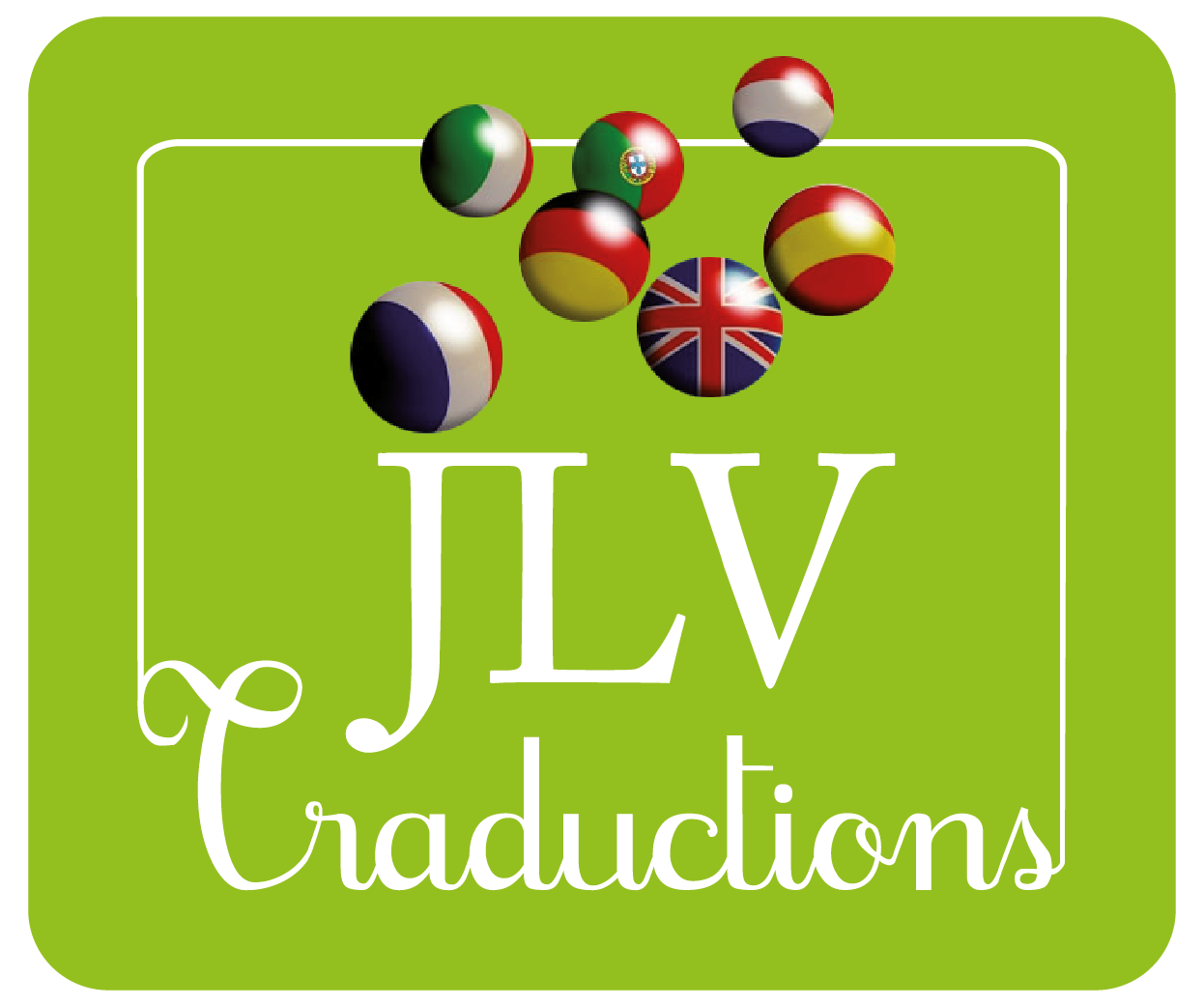Untranslatable Acronyms and Abbreviations
Untranslatable acronyms and other abbreviations can be a problem or a major issue for discussion and even dispute in a translation even though they do not seem so at first glance, even though they are not the primary and initial concern of the translator. The difficulty is due to the fact that many countries have different organizations, equipment, systems and concepts (in every field) depending on the continent, history, culture or even morals.
For this reason, a translation that may seem relatively simple or commonplace at the beginning can become much more complicated because of the acronyms or abbreviations that require greater research and questioning than thought.
The translator can then be faced with several situations: – an English acronym (for example) that has a commonly used, known French equivalent, – an English acronym that has one or more French equivalents that are not frequently used or that do not often appear on French websites. In this case the English acronym is often kept in the French text. An English acronym which is left in English in the French text but whose complete denomination (i.e. each word in all the letters composing the acronym) is substantially recognized and widespread in French, – or an acronym whose equivalent in French or its denomination in French does not exist. These are the main situations but others can also exist because of the immense richness of languages. A thoughtful choice then has to be made to offer a translation that is as faithful as possible to the sense conveyed by the acronym in the source language.
The translator, as in many cases, must first look at the preferences or the instructions of the customers (if any) which, through stylistic guides, glossaries or simple instructions, may indicate certain preferences of translation for given acronyms, in which case they must be respected. If there are no such instructions, research is necessary to find the corresponding translation, or at least to offer an explicit and qualitative equivalent.
It is then necessary to verify if there is an equivalent official acronym (on an official website for example), in which case the acronym can be used in French (for example, WHO, for the World Health Organization, has an official French equivalent usually cross-checked on the organization’s website, which usually indicates OMS for Organisation mondiale de la santé). If the acronym does not exist in French, reliable sources should be used in which an equivalent can be found, such as serious newspaper articles, documents published by certified bodies or official texts which may indicate the denomination in French even if the acronym remains in English, for lack of an equivalent. For example, the U.S.-specific FDA (Food and Drug Administration) acronym does not really have an equivalent in terms of acronyms but has a common equivalent in full (among others) i.e. Agence (américaine) des produits alimentaires et médicamenteux which allows the French reader to get an idea of the purpose of the organization, even if it is not an official translation.
Some other acronyms are also difficult to translate even when spelt out in full, in which case they can be left in English to retain their authenticity and described using a circumlocution (placed in parentheses for example), in order to help the reader understand their meaning while leaving the English term to show that it is not an official or recognized translation. An example is the IRS (Internal Revenue Service) in the United States, which can be kept in English in the French text but can be explained in parentheses i.e. Internal Revenue Service (IRS) (Agence du gouvernement des États-Unis chargée de la collecte de l’impôt sur le revenu et de diverses taxes). This does not describe all the activities of the organization but at least it allows the reader to have an idea of its purpose.
Acronyms therefore require particular attention and precise handling, or if the search for an equivalent is fruitless, they must be explained so that the reader does not feel helpless in the face of an item he does not understand because of the diversity and multiplicity of linguistic customs and the countries in which they are used.





